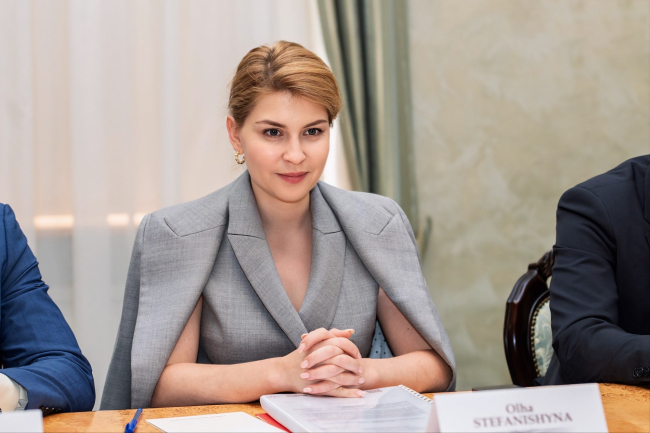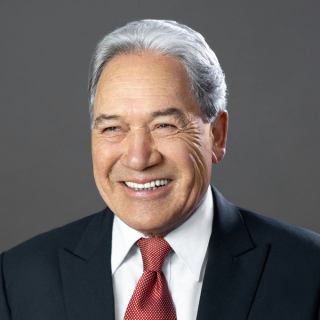
Practical information
Themes and regions
Related centers and programs

Invitation-only event
Germany's September Parliamentary elections opened the way for coalition negotiations that may last until December. Yet first hints at directions and red lines in energy and climate policy can be identified as the country must prepare for an accelerated decarbonisation.

The meeting will discuss current policy options on the table, areas of agreement and of disagreement, what needs to happen in the coming few years to bring Germany on the path to the 2030 emission reduction trajectory, and what are the implications for neighbours and the EU.
Chair: Marc-Antoine Eyl-Mazzega, Director, Center for Energy & Climate, Ifri
Speaker: Felix Christian Matthes, Research Coordinator for Energy & Climate policy, Öko-Institut
Discussant: Carole Mathieu, Head of EU Policies, Center for Energy & Climate, Ifri
Closed-door seminar - by invitation only.
The debate will be conducted in English.
Find out more
Facing a Wall: Climate in the German Elections and Perspectives for France
All key candidates have climate neutrality by 2045 in sight, yet Germany is preparing to embark on a high-speed decarbonization train that has neither enough power nor rails to lead to its final destination. Beyond slogans and principles, effective strategies have often been missing.
After the Hydrogen Bubble Bursts: The Factors Shaping and Possibly Unfolding International Hydrogen Value Chains
The laws of physics and the geographic realities will prevail over the myths of hydrogen (H2): it will essentially be delivering carbon-neutral feedstocks to the chemical and steelmaking industries, carbon-neutral fuels to shipping and aviation, and eventually ensuring security in fully decarbonized power grids.
CCUS in Europe: A New Role and Implications for France and Germany
A second wave of carbon capture, utilization and storage (CCUS) projects is under development, and it is much different from the 2000 wave. While Norway, the United Kingdom and the Netherlands are at its forefront, France and Germany have major competencies, and many projects could be carried out in these countries.
Related Subjects
Other events

Navigating War, Reforms, and Secure Future: Ukraine’s EU and NATO Accession Path
Exclusive conve

Lunch debate with Winston Peters, Deputy Prime Minister and Minister of Foreign Affairs of New Zealand
Discussion co-chaired by Thierry de Montbrial, Executive Chairman of Ifri, member of the Academy of Moral and Political Sciences, and Marc Hecker, Deputy Director of Ifri (in English without translation).

Shaping Europe’s Technological Sovereignty
In the wake of Donald Trump's re-election in the United States, Europeans face a crucial imperative: rethinking their sovereigny, especially in the technological realm. What will be the strategic priorities and action levers of the new European Commission on this issue? What assessment can we make of the previous Commission’s achievements and challenges in navigating Sino-American technological competition, transatlantic dependencies, and emerging global partnerships?













